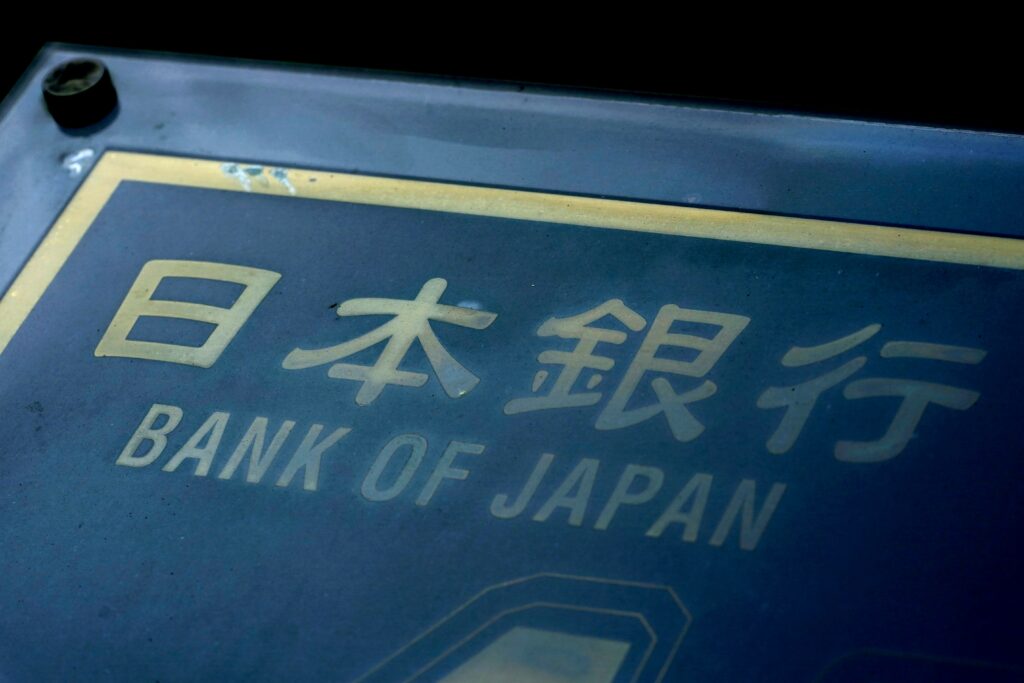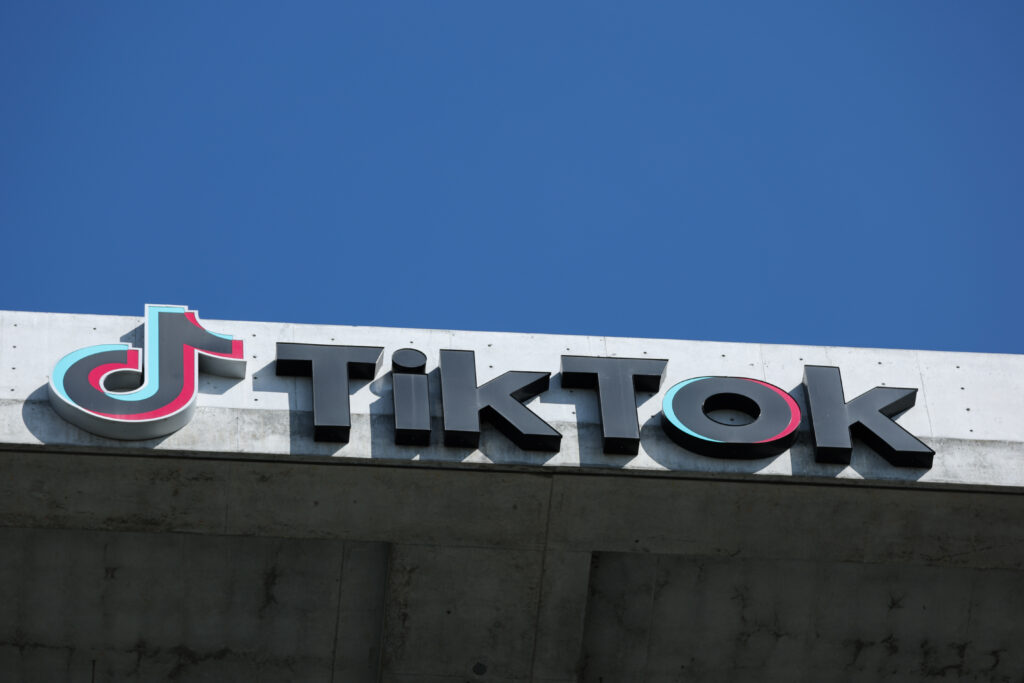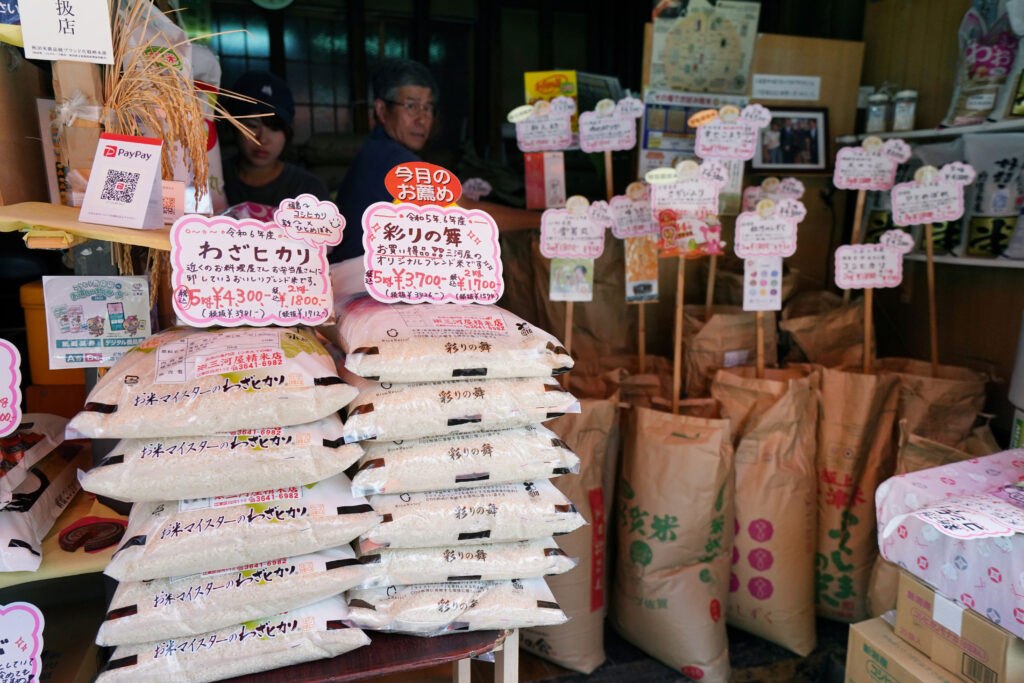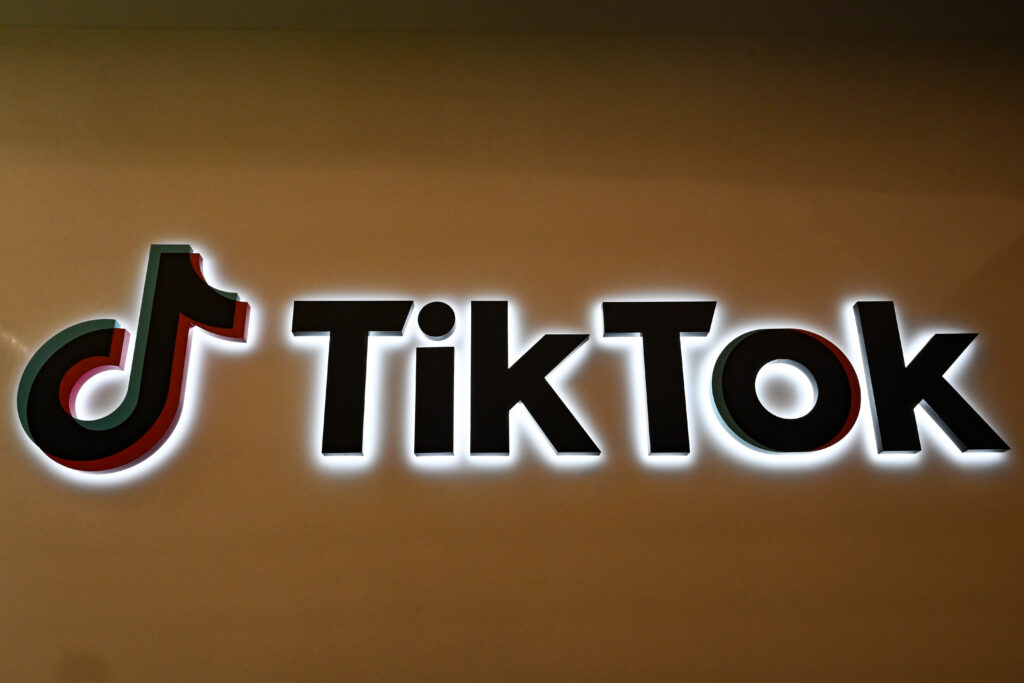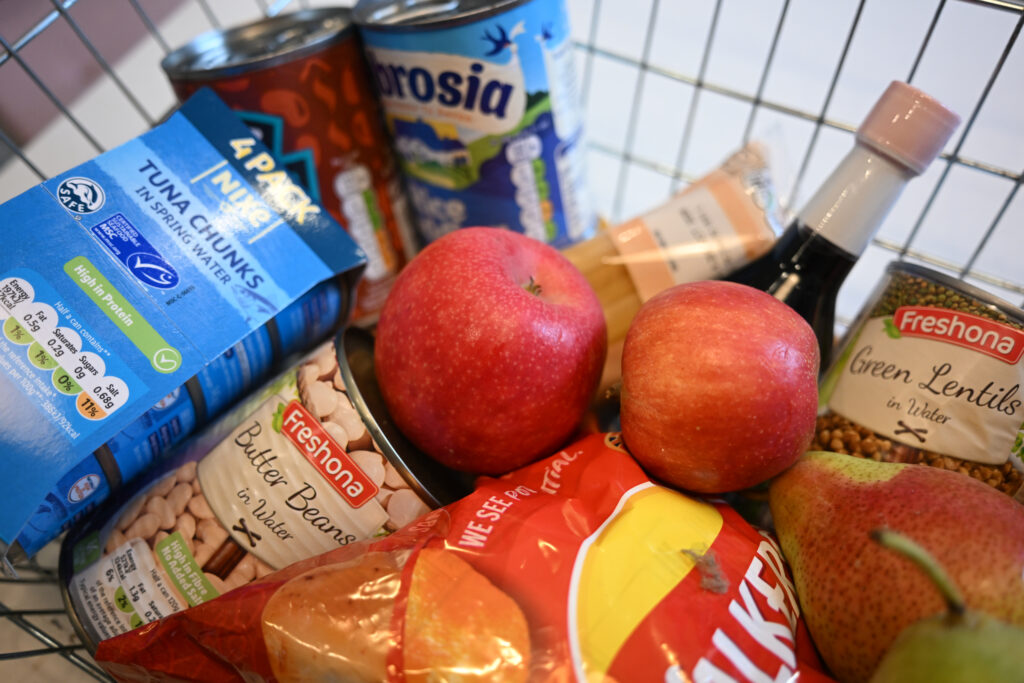Stocks mixed with focus on central banks, tech
European stock markets steadied Friday after solid gains in Asia, as traders reacted to central bank activity and easing concerns over the technology sector.Below-forecast US inflation data Thursday boosted hopes that the Federal Reserve would cut interest rates next month.The yen fell against the dollar on profit-taking after the Bank of Japan on Friday hiked, as expected, its own borrowing costs to a three-decade high, hours after data showed prices in the country rising.Russia’s central bank said it was cutting its benchmark interest rate to 16 percent as the country’s economy sags under the financial burden of the Ukraine offensive and Western sanctions.The Bank of England cut rates Thursday, when the European Central Bank left eurozone borrowing costs unchanged.Germany’s central bank on Friday predicted a slower recovery for Europe’s biggest economy following three years of stagnation.On the corporate front, blockbuster earnings from chip firm Micron Technology helped soothe nerves over a tech bubble.”Stocks in the tech sector have been boosted by yesterday’s bumper earnings from Micron,” noted Joshua Mahony, chief market analyst at trading group Scope Markets.”As we close out a week that has seen a huge amount of data and central bank announcements, there is an expectation that we start to see volumes and volatility ease off from here.”Equity markets, particularly on Wall Street, have come under pressure in recent weeks amid questions about when, if ever, investors will see returns on the colossal amounts of cash that have been pumped into artificial intelligence. Those concerns, though, were tempered Thursday after blowout earnings from Micron, which said its quarterly profits nearly tripled to $5.2 billion as it benefits from the AI boom. It also gave an upbeat outlook for the current three months.- Key figures at around 1115 GMT – London – FTSE 100: FLAT at 9,836.52 pointsParis – CAC 40: DOWN 0.1 percent at 8,142.66Frankfurt – DAX: DOWN 0.1 percent at 24,172.03Tokyo – Nikkei 225: UP 1.0 percent at 49,507.21 (close)Hong Kong – Hang Seng Index: UP 0.8 percent at 25,690.53 (close)Shanghai – Composite: UP 0.4 percent at 3,890.45 (close)New York – Dow: UP 0.1 percent at 47,951.85 (close)Dollar/yen: UP at 157.31 yen from 155.63 yen on ThursdayEuro/dollar: DOWN at $1.1716 from $1.1721Pound/dollar: DOWN at $1.3377 from $1.3378Euro/pound: DOWN at 87.59 pence from 87.62 penceBrent North Sea Crude: FLAT at $59.82 per barrelWest Texas Intermediate: FLAT at $56.01 per barrel
